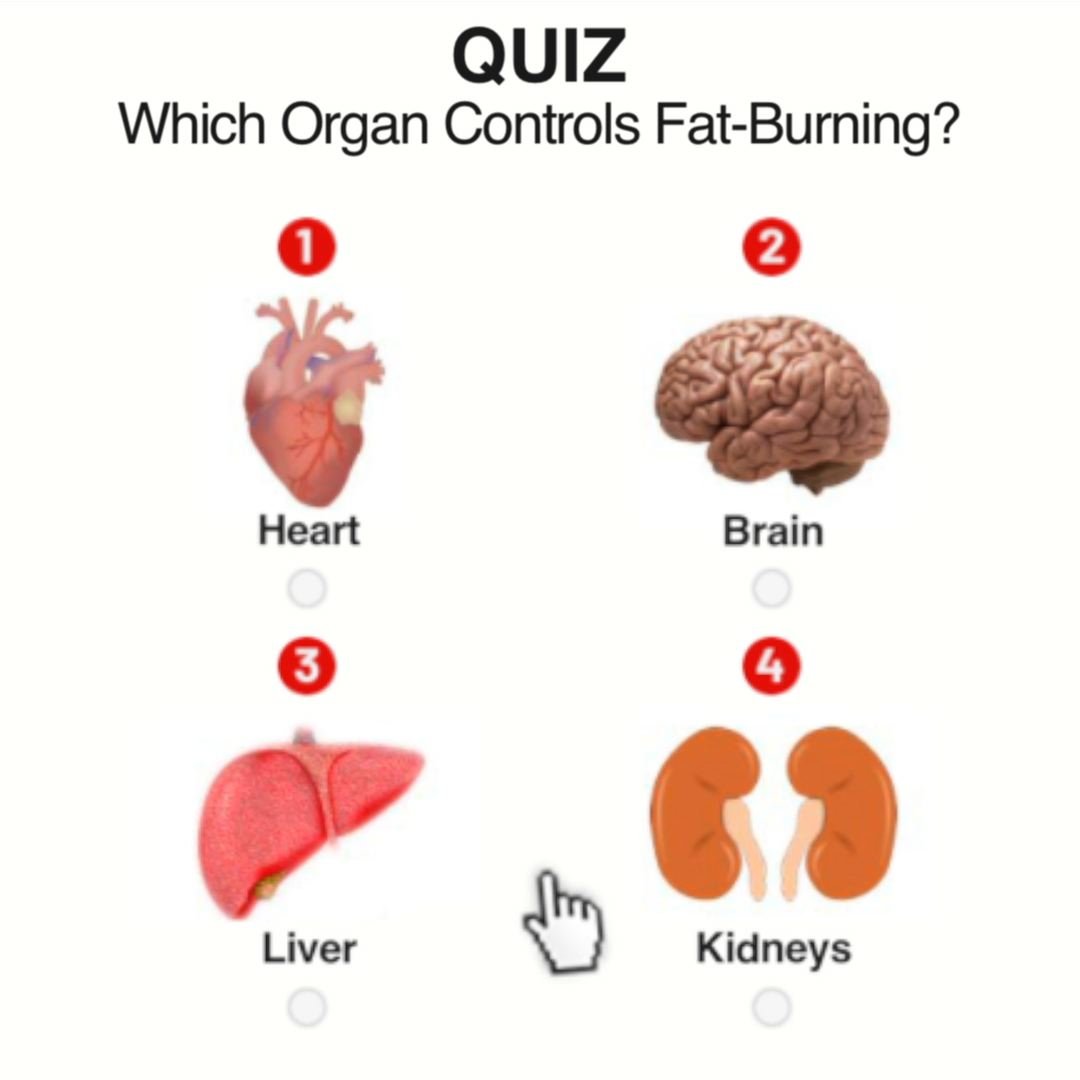Until recently, CA AB 899 was thought to impact only baby food sold in California that is marketed for children under two years old.
California Assembly Bill 899 requires manufacturers of baby food to test samples for toxic elements (arsenic, cadmium, lead and mercury) at least once per month. Manufacturers must provide test results to authorized department agents and provide information disclosures to consumers on their websites.
AB 899 was signed into law by Governor Gavin Newsom (D) on October 11, 2023. The bill stated that any baby food products sold or made in California will require testing for specific toxic elements beginning January 1, 2024. The heavy metal disclosure requirements are slated to go into effect January 1, 2025. Until recently, the bill was thought to impact only baby food sold in California that is marketed for children under two years old.
‘Clarification’ in the 11th hour
Speaking to NutraIngredients-USA, Jaclyn Bowen, executive director at Clean Label Project, said food brands have had 14 months to prepare for the new requirements. However, in late November, the California Department of Health clarified that the bill also includes dietary supplements, leaving nutraceutical brands clambering for guidance on how to implement the new requirements in a matter of weeks.
“We’ve been actively involved since the regulation passed in 2023,” said Bowen. “We’ve had a pretty good working relationship with assembly member Al Muratsuchi, the author of the program, as well as his legislative aides have been pretty helpful in terms of providing guidance and feedback. But this latest clarification around inclusion of dietary supplements is definitely something that’s happening at the 11th hour.
“I just think it’s going to be interesting for the dietary supplement industry, you know, here we are over the holidays, trying to figure out how to navigate this. Definitely the time is now to start figuring this out.”
And that’s exactly what the United Natural Products Alliance’s Loren Israelsen has been trying to do.
“I have written to the department twice and said, so how does it work now for DS? First of all, we’re not convinced that supplements were intended to be included by the authors of this legislation in California. The definition of food in California is a little different than the federal definition. And there is now an open debate whether or not California can legally require supplements to be included under their definition of food. So that may end up being litigated early next year,” said Israelsen, UNPA’s founder and president.
“So that’s problem one. Problem two is what are some of the companies supposed to do on virtually no notice. They can’t possibly come into compliance on January 1.”
Israelsen said at this point, he has more questions than answers, noting that the California’s Department of Health has been slow to respond and nonchalant when they do.
“I also said, by the way, there is nothing on your website. We had a webinar on this and our members went and looked at the California website trying to get details. They can’t find anything. And in fact, it’s not there. And so the response from California was, ‘well, yeah, it’s the holidays and we’ll do it first thing next year.’ So after it’s effective, basically, you’re going to give us some sense of how this is supposed to work?”
Vagaries and mystery
“I’m baffled. I’m really baffled at how the state, just the whole process, their reasoning, not discussing it, providing no notice. And now we ask and we’re trying to get some substantive answers. We’re really not getting much,” Israelsen said. “So that’s where we are. It’s really kind of a Kafkaesque moment here.”
Israelsen said the lack of clarity is leaving him in a tricky situation, unsure of how to properly advise companies.
“On one hand, it would be a lot of work, obviously, if you have products, you now have to go into rapid testing. Well, do you? Since we really don’t understand what we’re supposed to do, and it’s now the holidays, you can’t really begin any meaningful testing program,” he said. “It ought to be discussed within the company and decide, is this something where we need to join a litigation group to formally raise these issues?”
He added that the issue at hand comes down to whether the two sponsors of the bill, Assemblymember Al Muratsuchi and Senator Akilah Weber, originally intended to include supplements in the bill. Israelsen is convinced they did not.
“If the sponsors had wanted dietary supplements to be included, they easily could have explicitly just added those two words,” he said. “So all the way around, there’s just vagaries and mystery about how this came to be and the situation we find ourselves in.”
New Year, new clarification?
In the New Year, Israelsen hopes the bill’s sponsors and California’s Department of Health can get on the same page and come to an accord.
“And if it turns out that they say supplements are included, we would reserve the right to challenge that in court if we think that they really don’t, that they have misinterpreted the definition of food in California as it relates to dietary supplements,” said Israelsen.
“I just hope it doesn’t end up being an expensive, protracted litigation when it really shouldn’t be. There just needs to be some reasonable agreement. And then if it’s decided by all parties that we are included, give us a year. Like the real food side, they got a year to do the testing and change their labels.”
Source link
Share this article:












